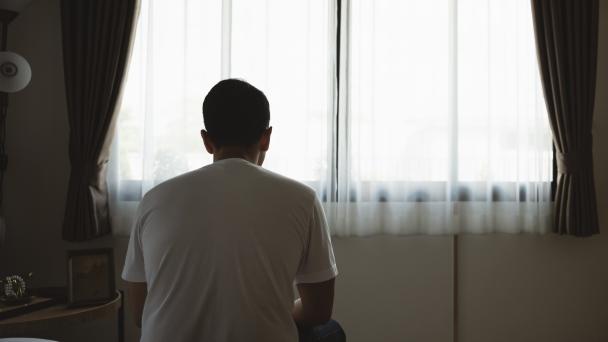Qualitative research on journeys with adverse consequences from gambling


People who experience gambling harms are subject to stigmatisation and discrimination. In addition to causing psychological distress, this can deter people from seeking support, further exacerbating gambling harms. In this program of research – conducted by NatCen and the University of Wolverhampton and funded by GambleAware – we sought to understand how people who experience gambling harms are stigmatised by different sections of society, and identify which communities are particularly impacted, in order to inform recommendations to tackle stigmatisation and associated harms.
This mixed-methods project consisted of multiple different research strands, including an evidence review, qualitative interviews with people experiencing gambling harms, qualitative interviews with relevant stakeholders, a survey of the general public, and a discourse analysis of online peer support forums and mainstream media. Findings from across the different workstrands have been brought together in a Synthesis Report, while findings from the Discourse Analysis, Quantitative Survey, and Qualitative Interviews are explored in more depth in their own reports.
Across the different research methods, we found further evidence for the stigmatisation and discrimination of people who experience gambling harms. Perceived stigma, experienced stigma, self-stigma and anticipated stigma were all reported, and typically co-occurred, feeding into one another. All types of stigmatisation and discrimination were associated with negative impacts on mental health, relationships, and occupational opportunities.
It was found that certain groups are at particular risk of stigmatisation and/or discrimination due to demographic or other personal characteristics. These include, but were not limited to, women; single people; parents; people aged 18-34; people from a minority ethnic group; and people experiencing difficulties with drug and/or alcohol use alongside gambling harms.
Furthermore, we identified dominant stigmatising narratives about people who experience gambling harms in news, popular media and social media, as well as in political discussions and interactions online between members of the public. These were sometimes latent and subtle, and sometimes explicitly damning.
We discuss the implications of these findings and make recommendations for reducing stigmatisation and discrimination of gambling harms in the report(s). These include:
This mixed-methods project consisted of multiple different research strands. The first of these was a Rapid Evidence Assessment. This involved consulting the most relevant contemporary research literature to determine what is already known about the topic of stigmatisation and discrimination of people who experience gambling harms. The findings of this strand were not published (although a summary of findings is included in section 2 of the Synthesis Report) but were used to inform the rest of the research project.
A series of studies were then conducted to build upon this evidence base. Firstly, we surveyed 3,567 people from a nationally representative GB sample, including people with varying levels of experience of gambling harms, asking about experiences of stigma and perceptions of those who gamble. Interviews were conducted with 35 people with lived experience of gambling harms and 24 people from a variety of stakeholder groups who have contact with people who experience gambling harms. Finally, our partners at the University of Wolverhampton carried out a discourse analysis to explore how people experiencing gambling harms are presented and perceived in public spaces such as media reports and television shows, as well as analysing naturalistic data from online peer support forums. The findings from each of these studies are explored in depth in their own reports, with the findings brought together in the synthesis report.




Receive a regular update, sent directly to your inbox, with a summary of our current events, research, blogs and comment.
Subscribe